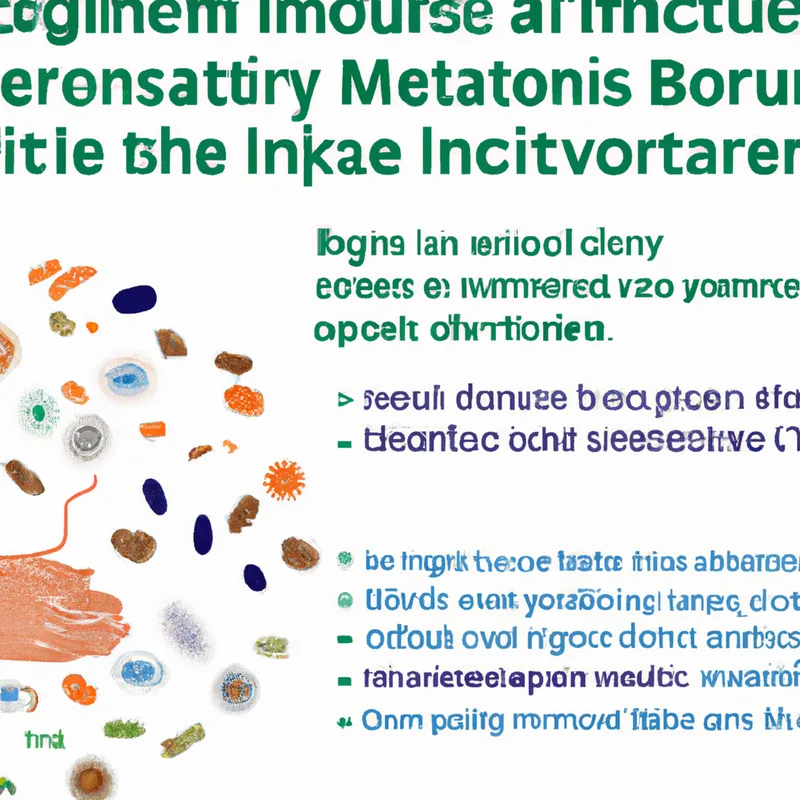Recharge Your Gut: The Sleep Factor
The Impact of Sleep on Gut Microbiome Diversity
Sleep significantly impacts our health and gut microbiome diversity. The gut microbiome, which includes trillions of microorganisms, influences digestion, immunity, and mental health. Research shows that quality sleep enhances gut health. This blog explores sleep’s effects on the gut microbiome, offers sleep improvement tips, and highlights the benefits of diverse gut bacteria.
Understanding the Gut Microbiome
The gut microbiome consists of microorganisms in our intestines. These organisms assist with digestion, vitamin production, and pathogen protection. A diverse microbiome supports optimal health and resilience against diseases. Different microbes perform unique functions, making diversity crucial.
Research links gut microbiome diversity to health outcomes. A varied microbiome improves digestion, boosts immunity, and influences mood. Factors like diet, lifestyle, and sleep significantly impact these benefits.
The Connection Between Sleep and Gut Health
Studies demonstrate that sleep deprivation disrupts the gut microbiome. Lack of sleep causes stress, leading to inflammation that harms gut health. Chronic inflammation reduces microbial diversity.
Sleep quality is as crucial as sleep quantity. Poor sleep alters the balance of gut bacteria. Research shows that individuals with poor sleep have fewer beneficial microbes like Lactobacillus and Bifidobacteria. In contrast, those with adequate, quality sleep enjoy a more balanced microbiome.
The Mechanisms Behind Sleep and Gut Health
Various mechanisms explain the sleep-gut health relationship. The circadian rhythm regulates the sleep-wake cycle and many physiological processes, including digestion. Irregular sleep patterns disrupt this rhythm, causing dysbiosis in the gut microbiome.
Sleep also influences hormones regulating appetite and metabolism, like ghrelin and leptin. Disrupted sleep leads to hormonal imbalances, increasing cravings for unhealthy foods and potentially causing obesity. Obesity reduces gut microbiome diversity, creating a harmful cycle.
Tips for Improving Sleep Quality
To enhance gut health, focus on improving sleep quality. Here are practical tips for better sleep:
1. Establish a consistent sleep schedule.
2. Create a comfortable sleep environment.
3. Limit screen time before bed.
4. Avoid caffeine and heavy meals close to bedtime.
5. Practice relaxation techniques, such as deep breathing or meditation.
Conclusion
Quality sleep significantly influences gut microbiome diversity and overall health. Prioritize sleep to support your gut and well-being.
Below are related products based on this post:
FAQ
How does sleep affect the gut microbiome?
Sleep significantly impacts the gut microbiome by enhancing its diversity, which is crucial for optimal health. Quality sleep helps maintain a balanced microbiome, while sleep deprivation can disrupt gut bacteria, leading to reduced microbial diversity and negative health outcomes.
What are the consequences of poor sleep on gut health?
Poor sleep can lead to an imbalance in gut bacteria, reducing the presence of beneficial microbes like Lactobacillus and Bifidobacteria. This disruption can cause inflammation and increase the risk of digestive issues, weakened immunity, and even mood disturbances.
What are some effective tips for improving sleep quality?
To improve sleep quality, consider establishing a consistent sleep schedule, creating a comfortable sleep environment, limiting screen time before bed, avoiding caffeine and heavy meals close to bedtime, and practicing relaxation techniques such as deep breathing or meditation.















Post Comment